April 15, 2025 | 16:56 GMT +7
April 15, 2025 | 16:56 GMT +7
Hotline: 0913.378.918
April 15, 2025 | 16:56 GMT +7
Hotline: 0913.378.918
Vietnam's bilateral trade turnover with India in 2024 was roughly 15 billion USD, a 4.5% increase from 2023, according to the General Custom of Vietnam.
In that year, Vietnam's exports to India totaled 9.06 billion USD, a 7.6% increase from the previous year. Conversely, India's imports to Vietnam totaled roughly 5.83 billion USD, a 0.6% decrease.
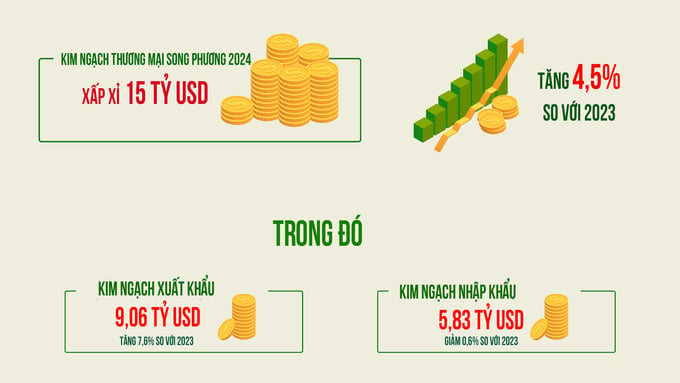
Bilateral trade turnover between Vietnam and India in 2024 will reach nearly 15 billion USD, an increase of 4.5% compared to 2023. Photo: Duy Hoc.
Vietnam maintains its superior trade surplus advantage in its trade with India, which is attributable to the expansion of its primary export products.
In the export structure, mobile devices of all types and specifications accounted for 17.5% of the total export turnover, with a turnover of 1.68 billion USD, a minor increase of 4.5%. The turnover of computer and electric products and details is 1.5 billion USD, which accounts for 15.6% of the proportion. This places them in the second position. The turnover of machine, equipment, and appliance was USD 947 million, which accounted for 9.8% of the proportion.This demonstrates the necessity of stabilizing the Indian market for Vietnam's industrial products.
It is worth noting that various other export groups in Vietnam experienced substantial growth in 2024. For example, tea increased by 18.7%, wood and wood products rose by 18%, seafood products increased by 12%, bamboo, rattan, and sedge products increased by 11%, rubber products, confectionery, and cereals all increased by 11%, plastic products grew by 10.4%, various textile fibers increased by 10%, textiles and garments by 9.5%, and chemical products and chemicals increased by 9.5%.
It is evident that Vietnam continues to increase its share of the commodity industry sector in India. The agricultural sector experienced an 18% increase in wood and wood products, which amounted to 212.57 million USD. Pepper, tea, and seafood products all experienced positive development, indicating the high demand from the Indian market.
In order to increase their market share, businesses must implement more effective market penetration strategies, as Vietnam's coffee exports remained consistent at USD 38.83 million. Vietnam's exports to India are characterized by a growth in sectoral diversification, with a particular emphasis on high-tech products and agricultural commodities, which continue to be critical areas of focus.
The trade structure between the two nations is highly complementary, which promotes sustainable economic cooperation. India is a source of essential raw materials and finished products for Vietnam, such as steel, chemicals, pharmaceuticals, textiles, animal feed, and fisheries, which helps to support domestic industrial growth.
In contrast, Vietnam must further capitalize on its market potential in India, with a particular emphasis on electronics, textiles, processed foods, light industries, and agricultural products like coffee, pepper, and seasonings.
In contrast, Vietnam's imports from India during this period totaled USD 5.83 billion, which represents a 0.6% decline from the same period in 2023. India's imports comprised only 1.55% of Vietnam's total import turnover. Vietnam's trade surplus with India in 2024 was USD 3.2 billion, a 22.2% increase from 2023.
Translated by Linh Linh
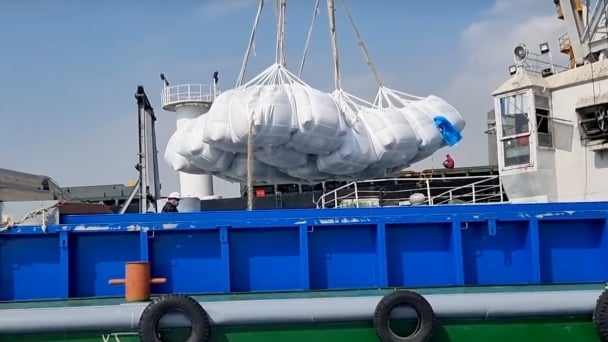
(VAN) The Philippines is making efforts to diversify its rice import sources in order to reduce its dependence on Vietnamese rice. However, Vietnamese rice has managed to maintain its strong position in this market.
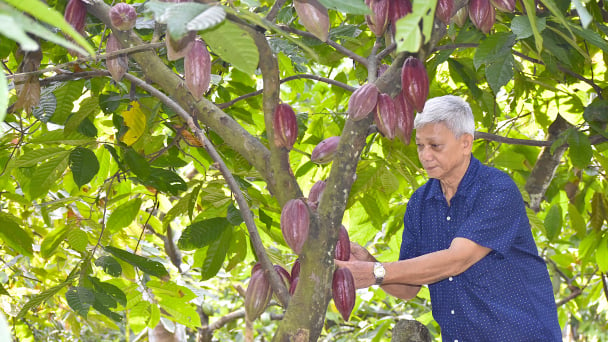
(VAN) In the Mekong Delta, cocoa has provided stable economic returns for many years. Recently, a surge in cocoa prices has created a strong incentive for farmers to expand their cultivation areas.
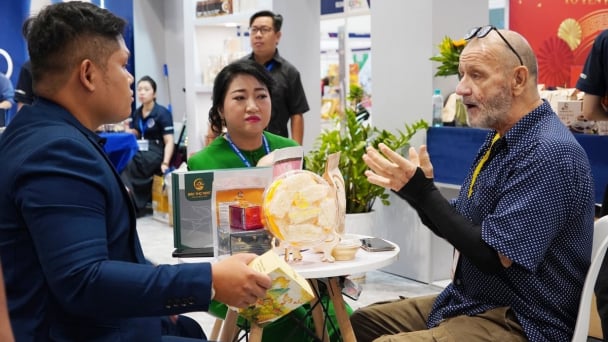
(VAN) Product quality, branding strategy, and technology innovation are key factors for Vietnamese bird’s nest to establish its foothold on the global map.
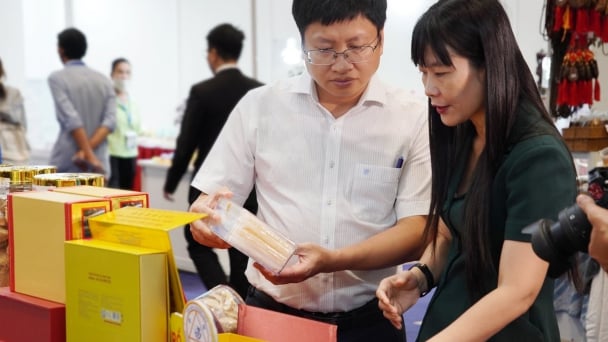
(VAN) KOCHAM Deputy President expects that Vietnam would accelerate innovation and development of bird’s nest-based products as a representation of Vietnamese culture.
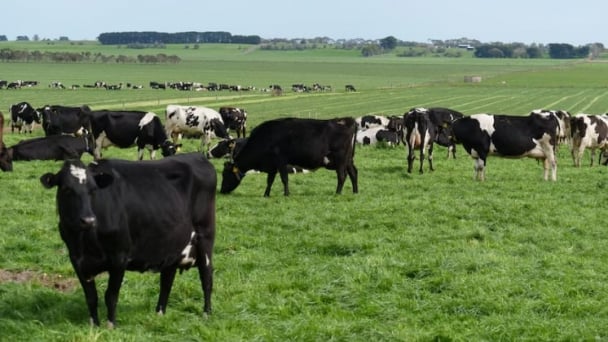
(VAN) Imported dairy products are weakening the local industry, according to dairy farmers and processors.
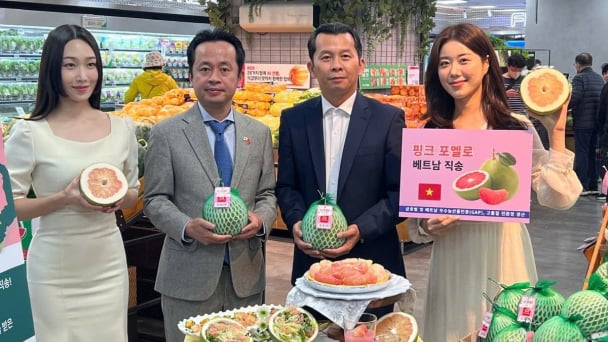
(VAN) April 10 marked a significant milestone for Vietnam's agricultural exports as Vietnamese pomelos officially became available at the Lotte Mart supermarket chain in South Korea.

(VAN) Vietnam is focusing on developing the legal framework and technical infrastructure for the carbon market, with committed support from global financial institutions.